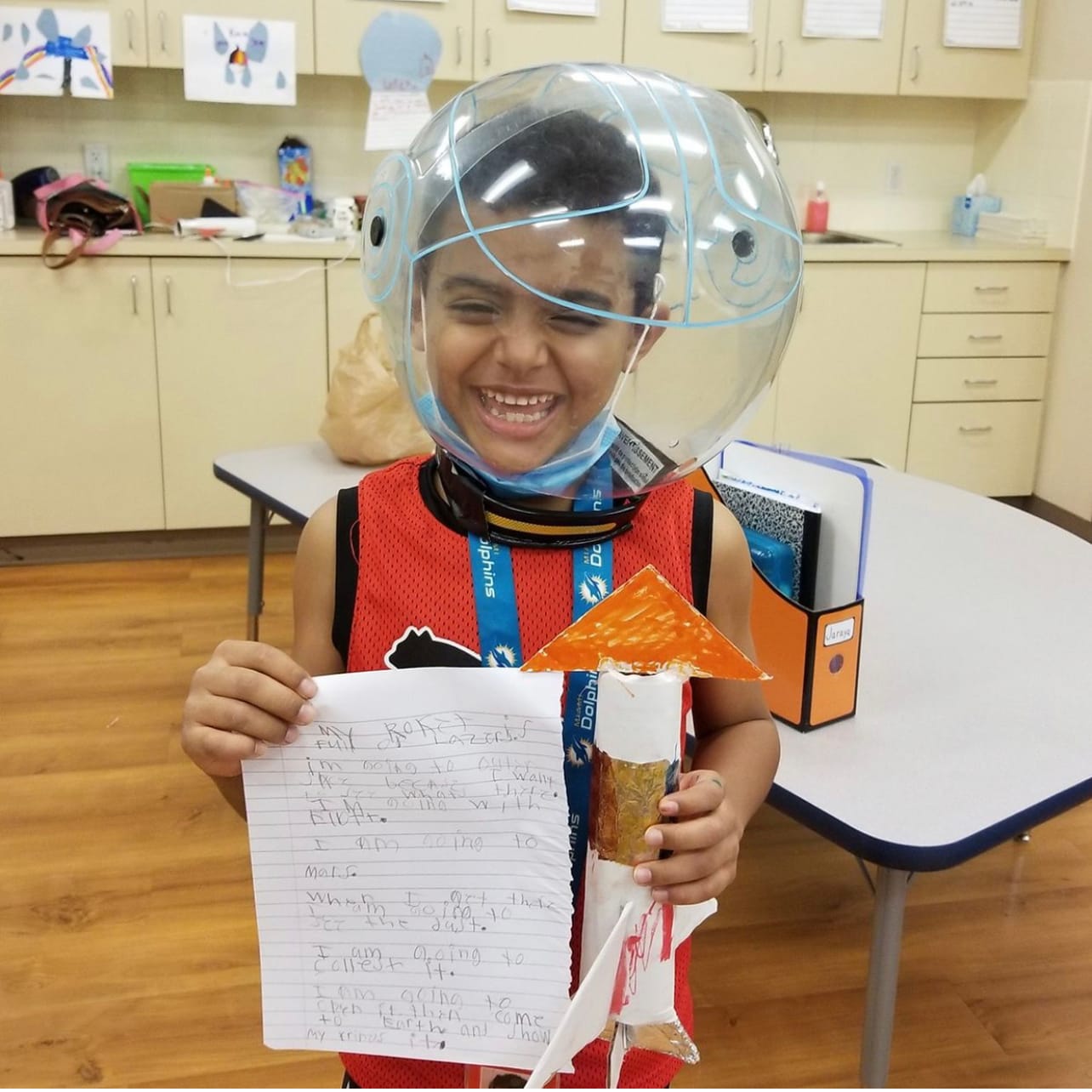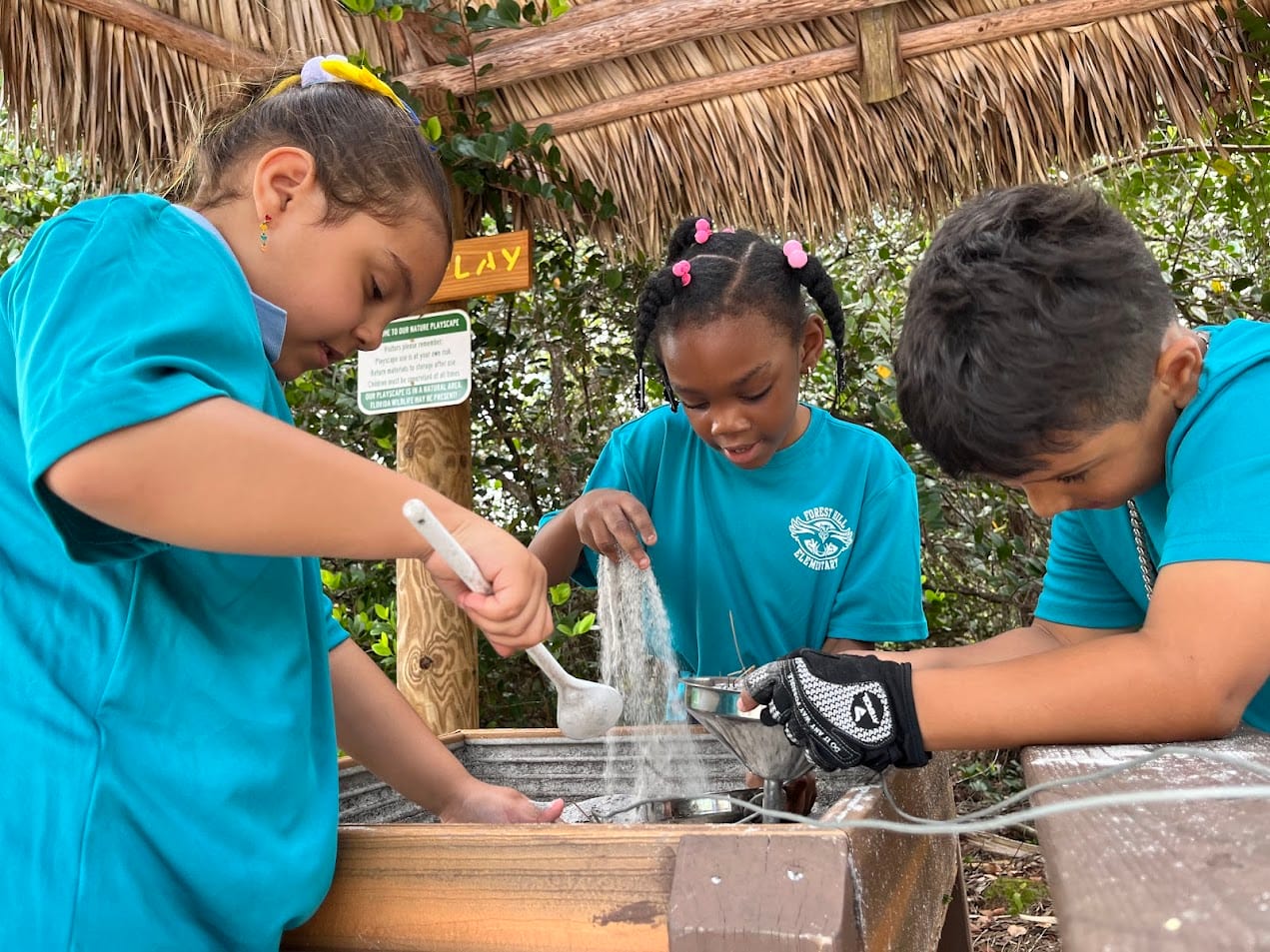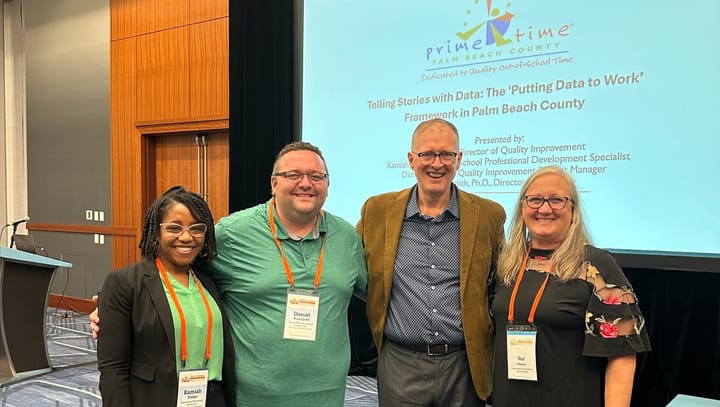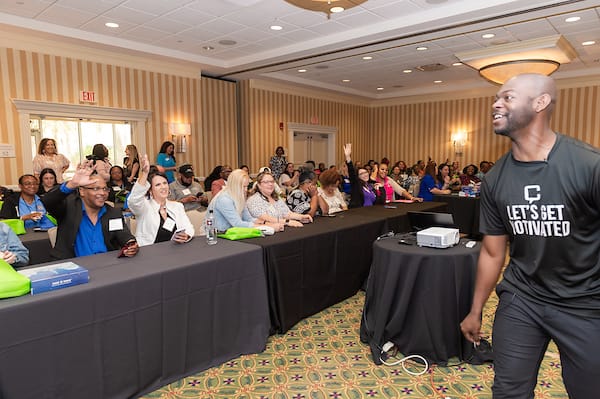Written by Charles Smith, Ph.D., Director of Research, Prime Time Palm Beach County and Stefania Giannella, Research Manager, Prime Time Palm Beach County.
At Prime Time Palm Beach County, we’ve long believed that every child deserves access to high-quality, enriching out-of-school time (OST) experiences when spending time in afterschool programs. We are proud that our work was recently cited in the National Academies of Sciences, Engineering, and Medicine report, The Future of Youth Development, as a national exemplar in implementing a Quality Improvement System (QIS) for OST programs. Here, we take a closer look at how the coordinated investments in program quality, highlighted in the report, are helping to prepare youth, programs and staff for long-term success.

High-Quality Care Is a Smart Investment in the Regional Economy
Investments in high-quality afterschool produce economic benefits that extend beyond children and families to the broader region around Palm Beach and Martin Counties. When families have access to reliable, developmentally enriching care, they are more likely to maintain employment, stay productive at work and reduce their reliance on public benefits. High-quality programs also contribute to the local labor market by offering professional roles with training, credentialing and career advancement opportunities. These workforce investments build long-term capacity and reduce turnover in a sector that is essential to the health of the broader economy. In short, supporting OST quality is not just the right thing to do for children, it’s a smart investment in Palm Beach County’s economic future.

A Model Built on Evidence-Based Components
Our approach to system-wide improvement includes three integrated and research-backed pillars: the Youth Program Quality Intervention (YPQI), the Youth Program Quality Assessment (YPQA), and the QuEST model of child development.
- Youth Program Quality Assessment (YPQA): Developed by the David P. Weikart Center, the YPQA is one of the most widely used tools in the OST field for assessing the quality of youth experiences and program practices through observations. The tool has demonstrated predictive validity, with higher scores associated with improved youth outcomes.
- Youth Program Quality Intervention (YPQI): A process model for continuous quality improvement, YPQI was validated in a randomized controlled trial by Smith et al. (2012), which found that consistent implementation led to measurable improvements in staff practices, program quality, and even staff retention.
- QuEST Theory (Quality, Engagement, Skill, and Transfer): Developed by Smith & McGovern (2014), the QuEST model offers a developmental framework that links children’s exposure to high-quality programming and subsequent psychological engagement in that programming to the growth of self-management and life skills, which can then transfer to other life settings, including school.
Together, these components support programs to systematically evaluate their own strengths, plan for improvement, receive coaching, and monitor progress over time. Importantly, the QIS is grounded in a commitment to fairness, ensuring that youth from low-income and marginalized backgrounds have access to high-quality opportunities that compare to those available to more highly resourced peers.

Prime Time’s Role as a Local Intermediary
Our role extends well beyond technical assistance. As a local intermediary, Prime Time provides professional development, grants to support innovative programming, scholarship funding for OST staff and conducts research to measure the impact of our collective efforts. The report highlights our role in coordinating funding and quality supports, illustrating how a nonprofit can drive systemic improvements in youth services across a region – and with a wide range of secondary effects on the workforce and regional economy.

Evidence for the Impact of High-Quality OST
So, what difference does quality make?
The Future of Youth Development report affirms what we have seen locally: high-quality OST programs, characterized by physical and emotional safety, supportive relationships, engaging instruction and intentional youth development practices, are associated with a range of positive outcomes for children, youth and families:
- Mental Wellness / Self-Management: High-quality OST programs help children build emotional regulation, responsibility and healthy behavioral habits. Research has shown that youth who participate in programs that intentionally build well-being and life skills experience fewer behavioral challenges and improved overall well-being.
- Academic Success: While direct effects on test scores are difficult to detect, high-quality programs contribute to improved grades, attendance and graduation rates, especially when programming is sustained and intensive.
- Workforce Effects: High-quality OST systems also benefit the adults who work in these programs. When QIS include coaching, training and credentialing – as they do in Palm Beach County – they have been shown to strengthen staff skills, reduce turnover, and support longer-term career advancement for youth development professionals, many of whom come from the same communities they serve.
- Reduction of Family Stress: High-quality, accessible OST programs provide families with reliable support, reduce the burden of childcare and offer peace of mind that their children are in a safe and growth-oriented environment. These programs also enable parents to stay employed and productive, supporting household stability and contributing to the broader economy through workforce participation.
Conclusion
Prime Time’s QIS model, combining YPQI, YPQA and the QuEST framework, represents a nationally recognized and field-leading example of how communities can work together to deliver on the promise of youth development. By investing in quality, we are not only improving programs, but we are also changing lives, strengthening families, and fueling economic progress in South Florida.




